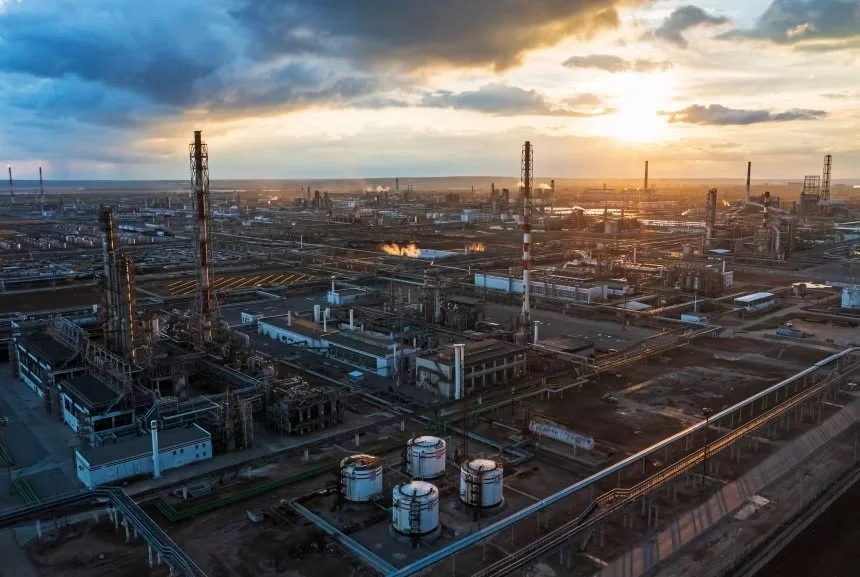Trump on Russian Sanctions, U.S. Oil Imports, and Canada’s Media Censorship Debate
Image from CNN News
Trump’s Position on Russian Sanctions
Former U.S. President Donald Trump recently stated:
“I am ready to do major sanctions on Russia when all NATO nations have agreed, and started, to do the same thing, and when all NATO nations stop buying oil from Russia.”
Trump’s words highlight an ongoing dilemma: while Western leaders call for sanctions against Russia over the Ukraine war, many countries continue to buy Russian oil — directly or indirectly.
India, Oil Refining, and U.S. Imports
Reports from NPR reveal that India has become a key middleman in Russian oil trade. India imports discounted Russian crude, refines it, and then sells some of those refined products abroad — including to the United States.
Between January and July this year, the U.S. purchased an estimated $1.4 billion worth of oil products from India.
Roughly one-third of that amount — about $500 million — is believed to be sourced from Russian crude.
This trade shows how complex global oil markets make it difficult to enforce sanctions fully, even among nations that publicly condemn Russia.
The Bigger Question: Who Controls the Story?
In Canada, debate is not only about oil and sanctions but also about media freedom and censorship. Critics argue that Canada’s corporate-owned media landscape leaves little room for alternative narratives.
While the mainstream narrative paints Russia as the clear aggressor, respected academics such as Prof. Jeffrey Sachs of Columbia University have raised questions about the role of U.S. foreign policy in escalating the conflict. These perspectives rarely appear in Canadian television, radio, or major newspapers.
Instead, Canadians are primarily exposed to the “official” government-backed version of events.
Corporate Media and Public Distrust
This isn’t just about Ukraine. Skeptics point out that:
The same corporate media assures us that GMO foods and herbicides like Roundup are safe, despite growing public concern.
Environmental hazards, including plastics found in human bodies, are underreported.
Canada’s housing crisis and cost of living disaster are often blamed on vague “market forces,” while structural failures go unexamined.
For many, this raises the question: If our governments and media mislead us on these issues, why should we accept their Ukraine narrative without scrutiny?
The Censorship Question
The heart of the matter is not whether Russia is right or wrong — but whether Canadians are being denied access to a full spectrum of viewpoints.
Censorship, whether deliberate or through corporate consolidation of media ownership, undermines democracy. If citizens only hear one side of a story, their ability to make informed decisions is compromised.
Why This Matters
The Ukraine war is one of the most consequential conflicts of our time. Canadians should demand:
A truly free press, where alternative expert views can be heard.
Accountability from both politicians and media organizations.
Transparency about who benefits from current policies — whether in energy, housing, or war.
Conclusion
Sanctions, oil imports, and the Ukraine war are complicated issues. But one issue is simple: a free and independent press is essential to democracy.
Whether or not you believe the mainstream narrative about Russia, the fact that alternative voices are silenced should be deeply concerning to all Canadians.
